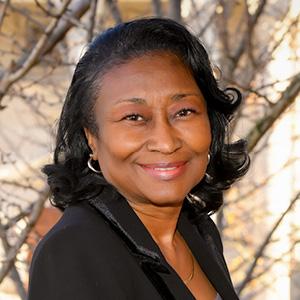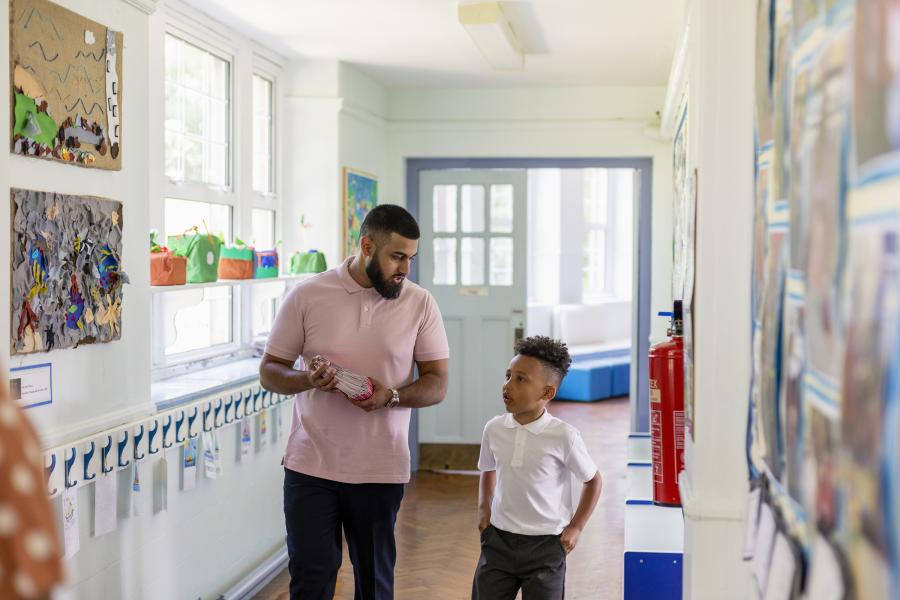School counselors are in short supply and school counselors with specialized mental health skills are in even greater demand. To address this growing national shortfall, the U.S. Department of Education Mental Health Services has selected the Johns Hopkins School of Education for a $4.7 million grant to create a strong pipeline to recruit, educate, and hire highly qualified culturally responsive school counselors.

Image caption: Anita Young
The effort will create a pathway to train current school counselors to address mental health needs of K–12 students in urban, suburban, and rural public school districts. The new recruits will be drawn from diverse populations, including people of color and LGBTQ+ populations.
The federal initiative, known as Recruit Educate Support Evaluate and Train (RESET), creates a unique opportunity for the School of Education to partner with school districts in urban Atlanta, Georgia; suburban Richardson, Texas; and rural Suffolk, Virginia, to recruit, train, and place counselors-in-training in 22 schools across the three districts and serve the mental health needs of approximately 25,000 K–12 students over a five-year span.
Current school counselors also will have an opportunity to participate in culturally responsive professional development training. They will benefit from involvement of the American School Counselor Association and other experts in the profession to facilitate this professional development. Skills imparted will include traditional academic and career counseling combined with social/emotional education in classrooms large and small.
"To address learning loss, traumatic experiences, drug crises, and the many 'isms' students face today necessitates mental health awareness and training," says Anita Young, an associate professor in the School of Education, who is lead investigator for RESET. "These skill sets will also have to blend in-person counseling with interactive use of video conferencing technologies."
Young and the grant's other co-PI Norma Day-Vines, a professor in the School of Education, have extensive expertise in leadership and strategies for addressing the contextual dimensions of race, ethnicity, and culture.
"In part due to the pandemic, the school counseling profession is amid a period of major transition," Young says. "RESET is geared to addressing this complex transition head-on, equipping school counselors with all the traditional skills they would be expected to have, plus layering mental health skills that are so needed today to bring powerful and effective strategies to students. We are also exploring how to scale professional opportunities for school counselors."
There is an increased demand for school counselors to address mental health issues facing students, Young added.
"The Department of Education recognizes the seriousness of mental health concerns among today's students and seeks to educate a new generation of school counselors with broad skill sets. Training this culturally responsive diverse population of students through the lens of mental health provides an innovative approach to respond to this growing demand."
Recruits to the RESET Initiative will receive reduced tuition grants to pay for their master's degrees in counseling with a renewed emphasis on mental health skills and be placed in internships in the partner school districts. The proposed program includes graduate classroom credit hours, field experiences, and professional development opportunities that pave a path for recruits to deliver next-generation counseling services while earning professional credentials as highly skilled school counselors.
"We believe this initiative can strengthen the profession and provide a holistic perspective that will be effective in any school setting," Young says.
Posted in Politics+Society
Tagged education








